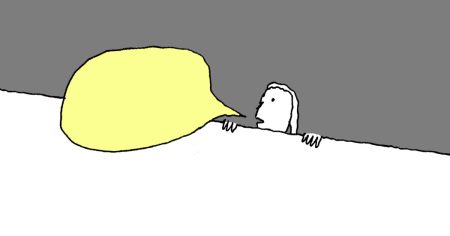In the summer of 2022, an orangutan named Rakus in Sumatra, Indonesia, was observed with wounds on his face following a fight with other male orangutans. Over several days, researchers noticed Rakus repeatedly chewing on leaves of a specific plant and applying them to his wounds, which eventually healed without becoming infected. This behavior was reported in detail in the journal Scientific Reports, marking the first time an animal has been seen applying medicine to a skin wound.
Rakus’ ability to identify and use pain-relieving plants highlights the growing body of research suggesting that other animal species also self-medicate. Researchers believe that this behavior may trace back to a shared ancestor with humans. The discovery was made possible because Rakus is part of a protected research area in Indonesia’s Gunung Leuser National Park, where scientists have been observing orangutans since 1994. Rakus, a resident or frequent visitor to the area, was first observed there in 2009.
Orangutans, like Rakus, spend their days in the rainforest protected area, allowing researchers to follow them closely without disturbing them. While this behavior was observed for the first time in the area, it is unclear how Rakus developed the behavior of self-medicating with plant leaves. Researchers speculate that he may have learned it through individual innovation, social learning from other orangutans, or early exposure to medicinal plant behaviors.
Evidence of animal self-medication has been documented in various species, from chimpanzees to insects. Researchers like Jane Goodall and Michael Huffman have observed animals using plants and substances for medicinal purposes. Huffman theorizes that ancient humans may have learned about medicinal plants by observing animals and learning from them. He notes that no plant used by animals has been documented as medicine for humans, suggesting close connections between humans and animals in medicine.
The findings from Rakus and other animals can offer insight into how ancient primates, including humans, developed the inclination to seek out medicines. Orangutans, who are considered critically endangered, are important for research and conservation efforts due to their genetic similarity to humans and the threats they face from habitat loss and climate change. Learning from animals like Rakus can provide valuable lessons for humans in understanding the natural world and preserving biodiversity.















